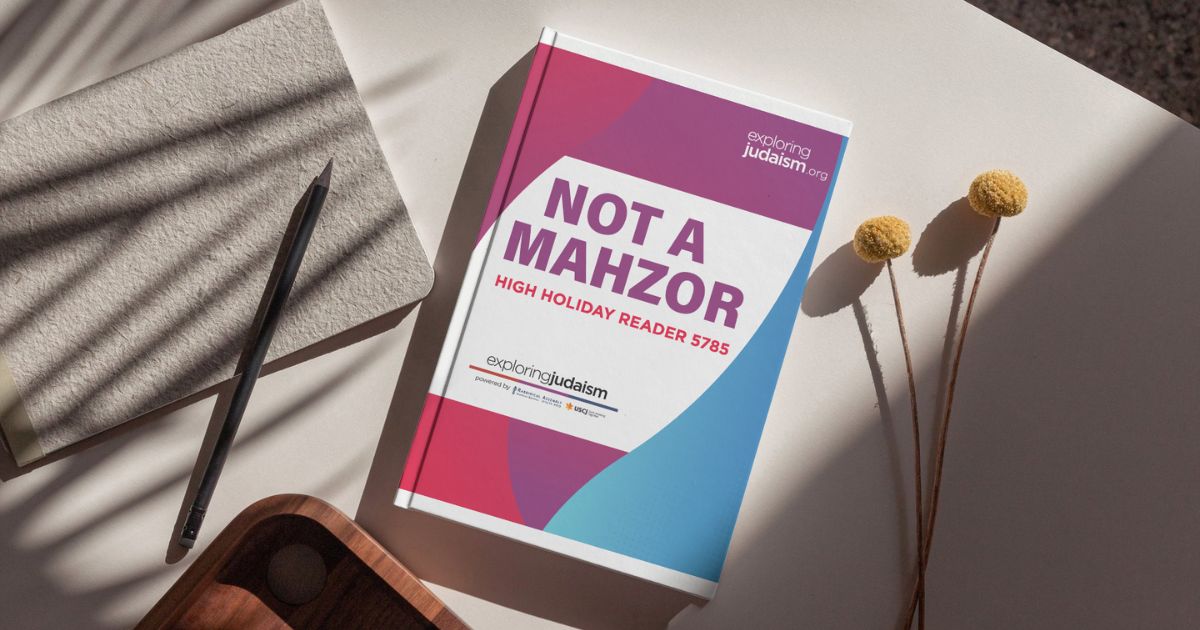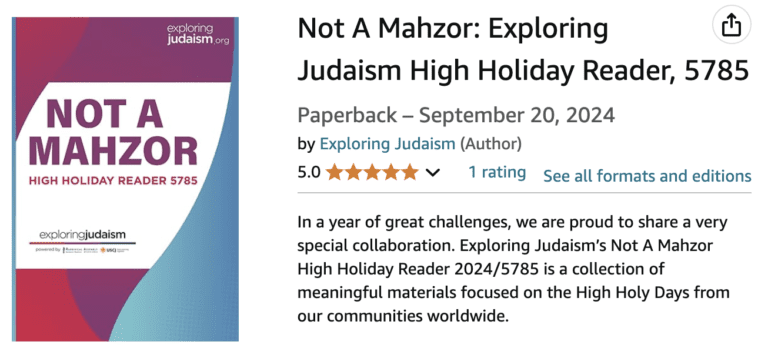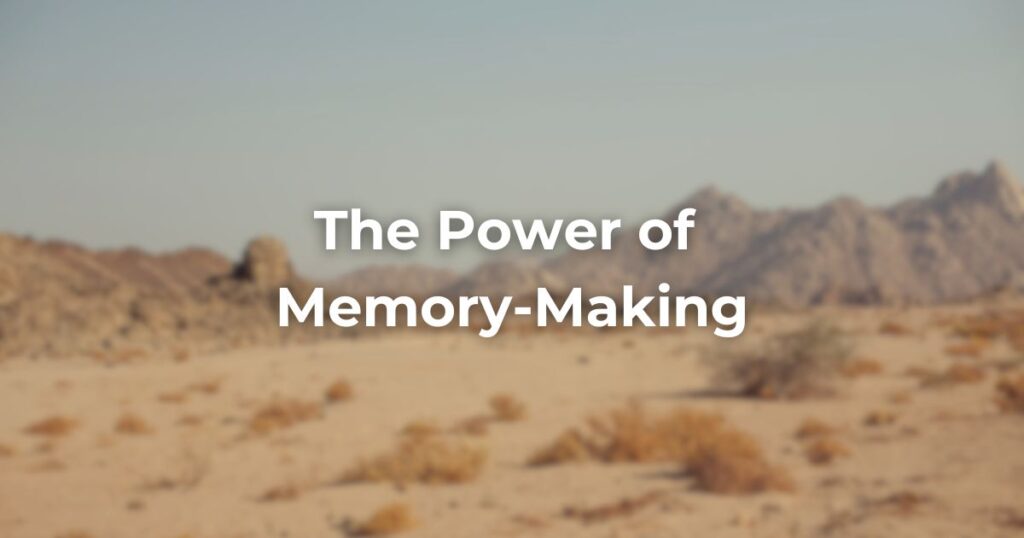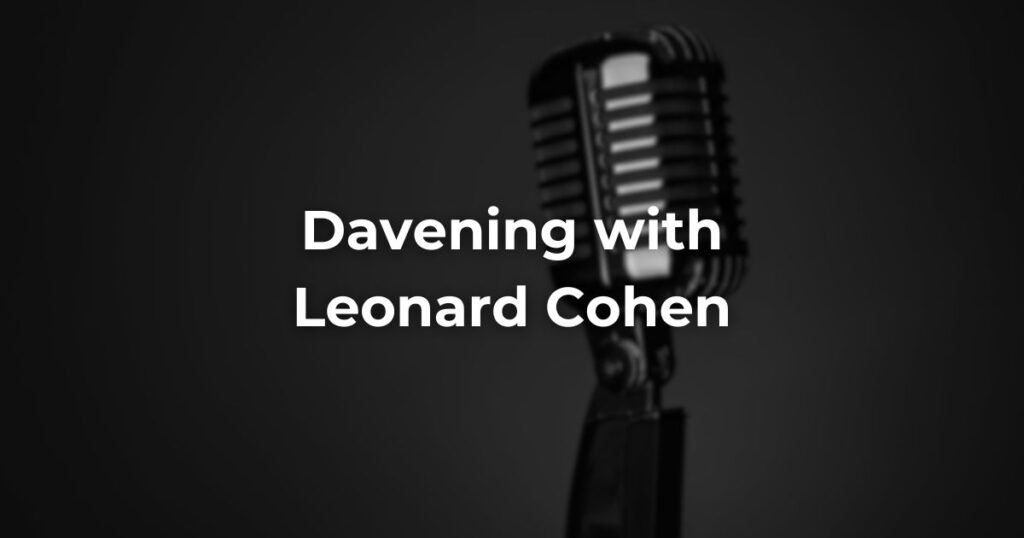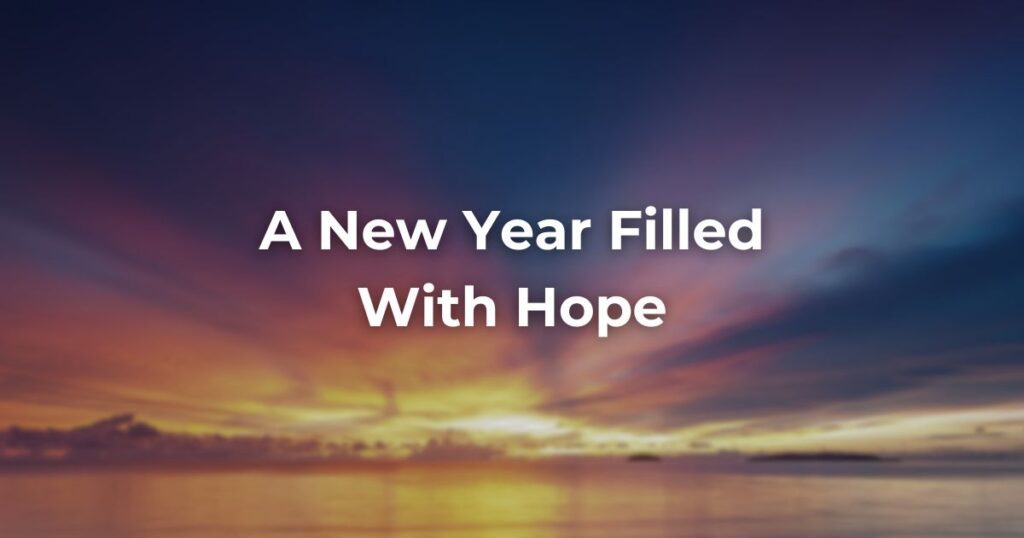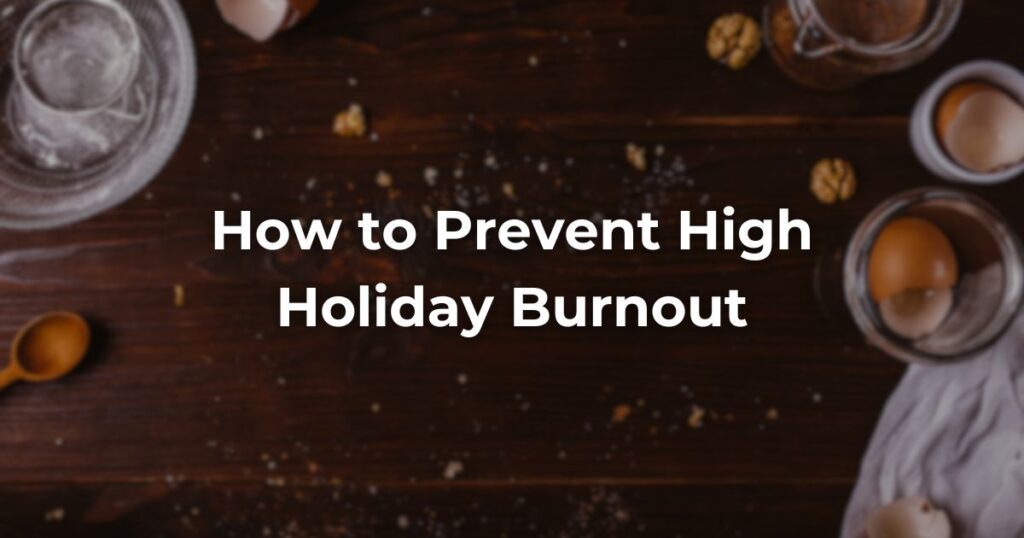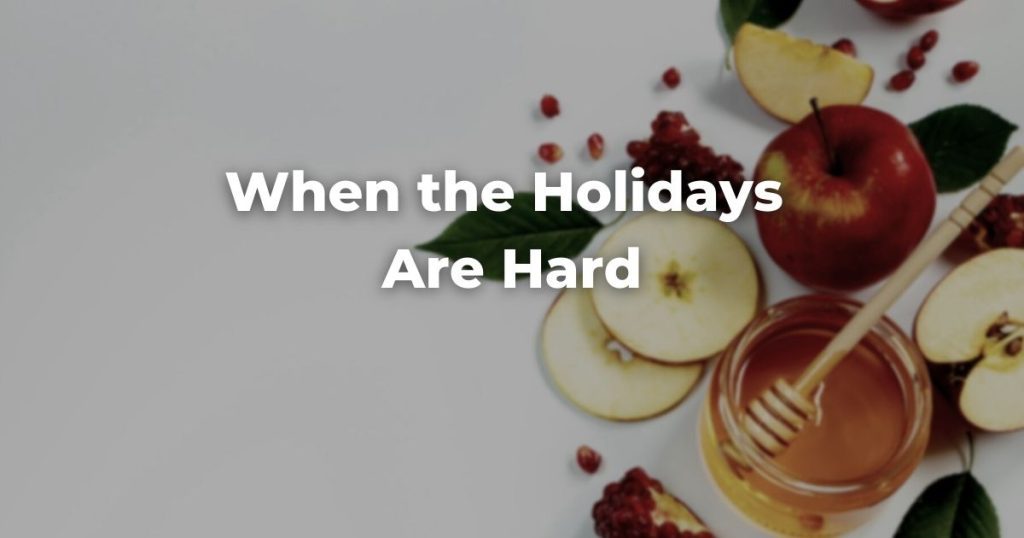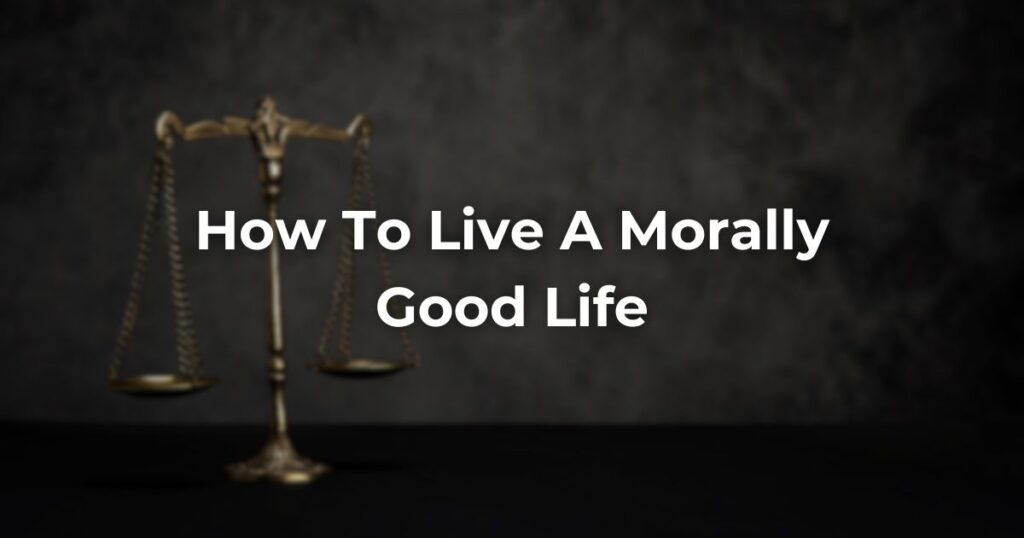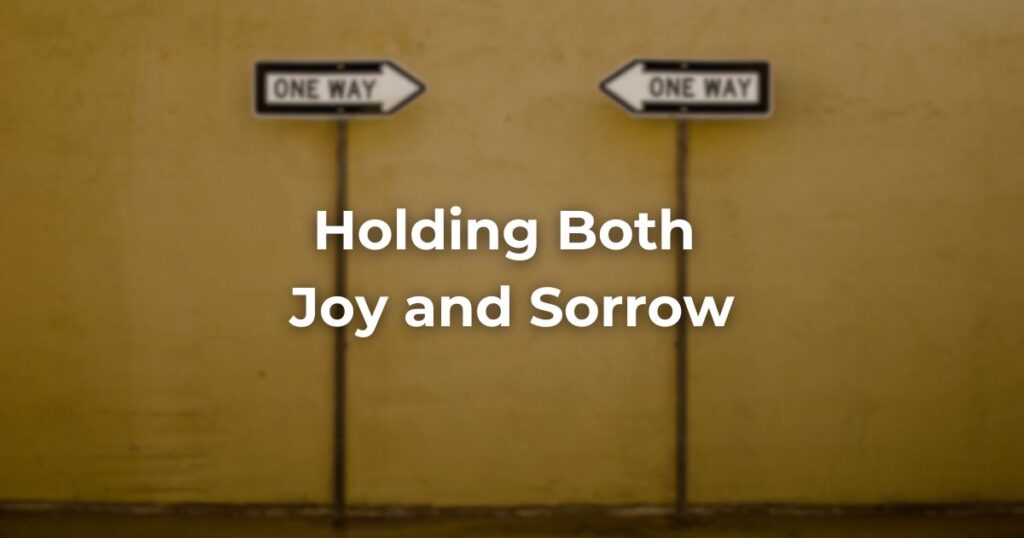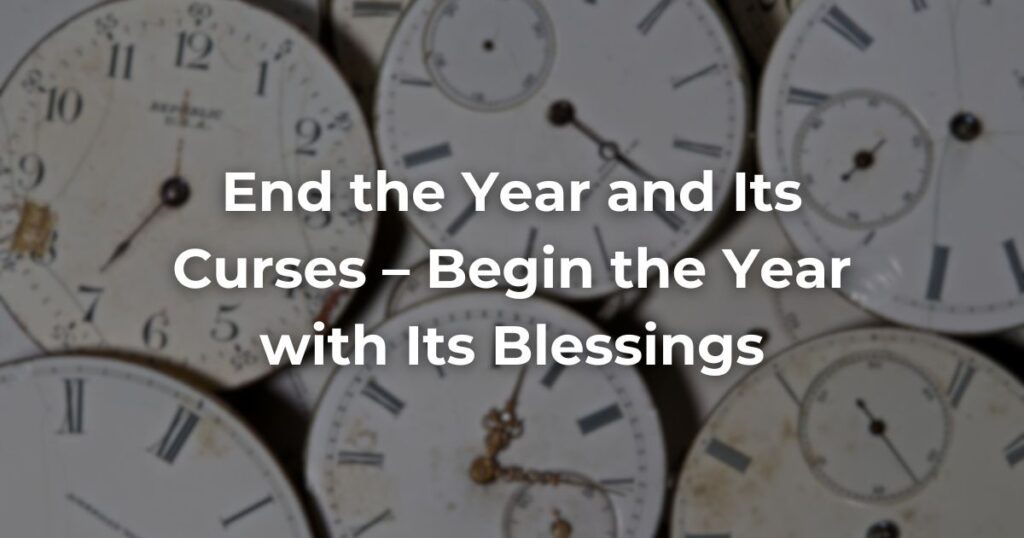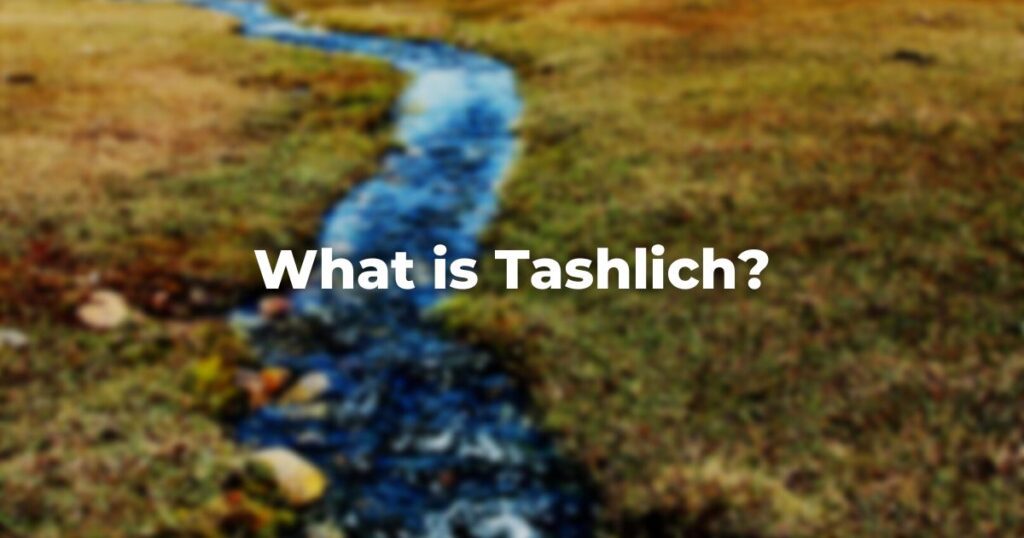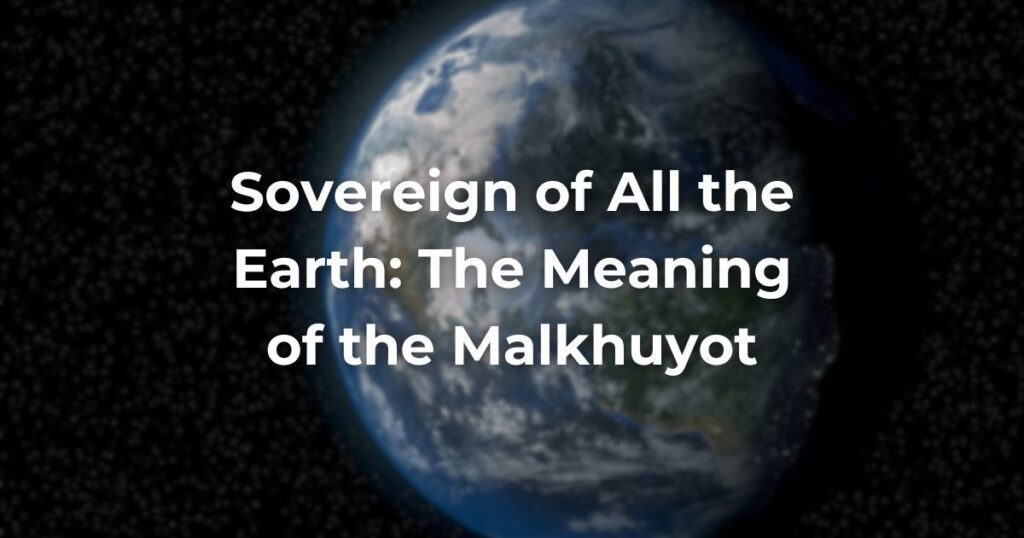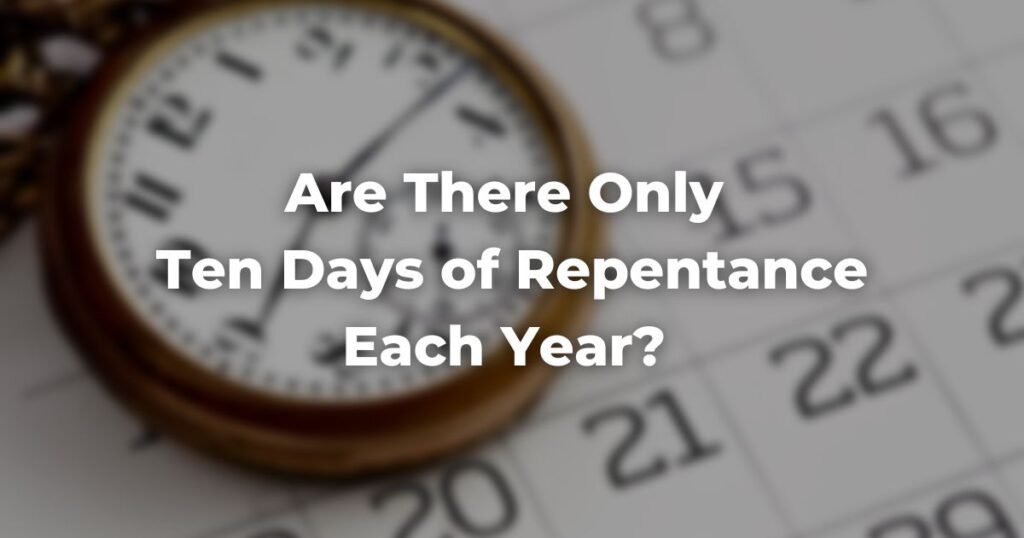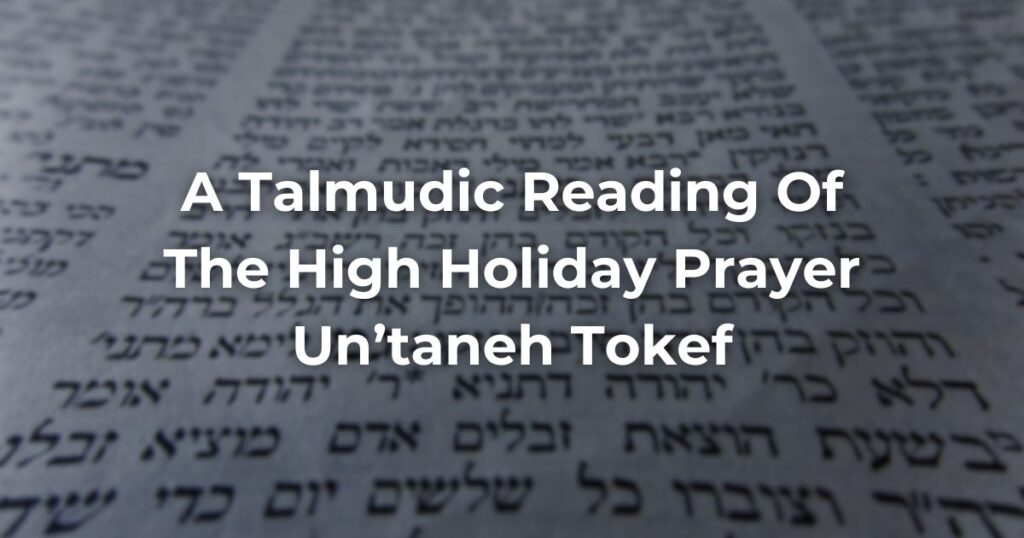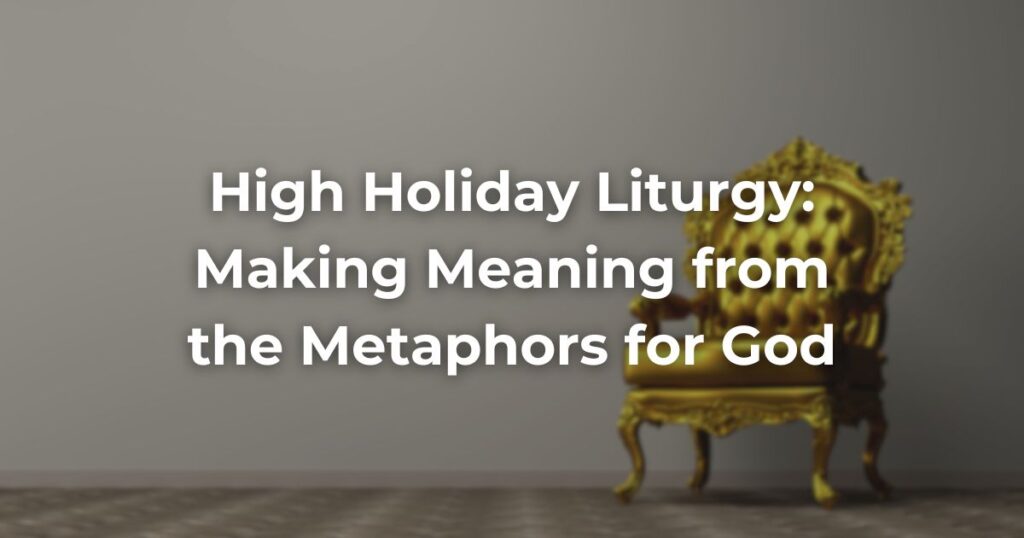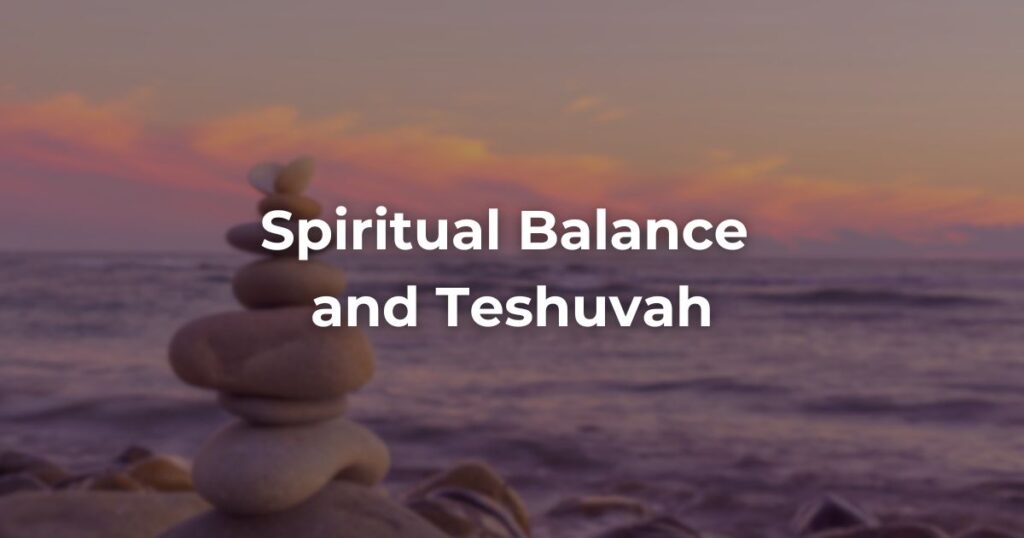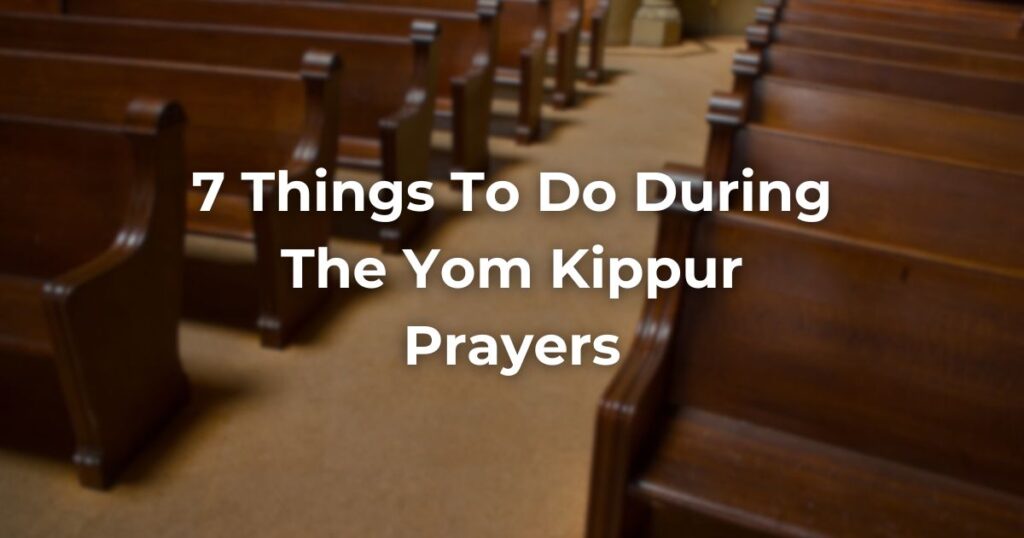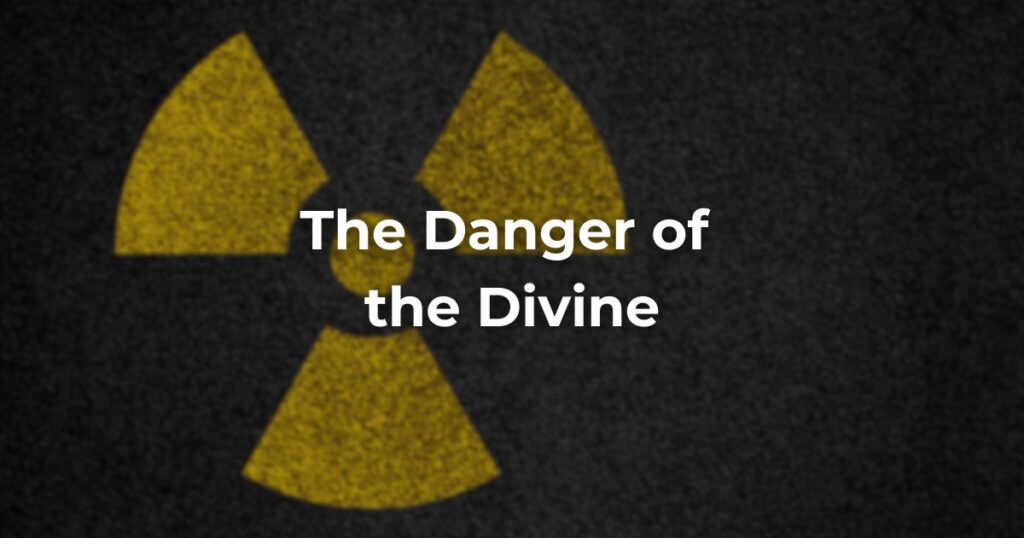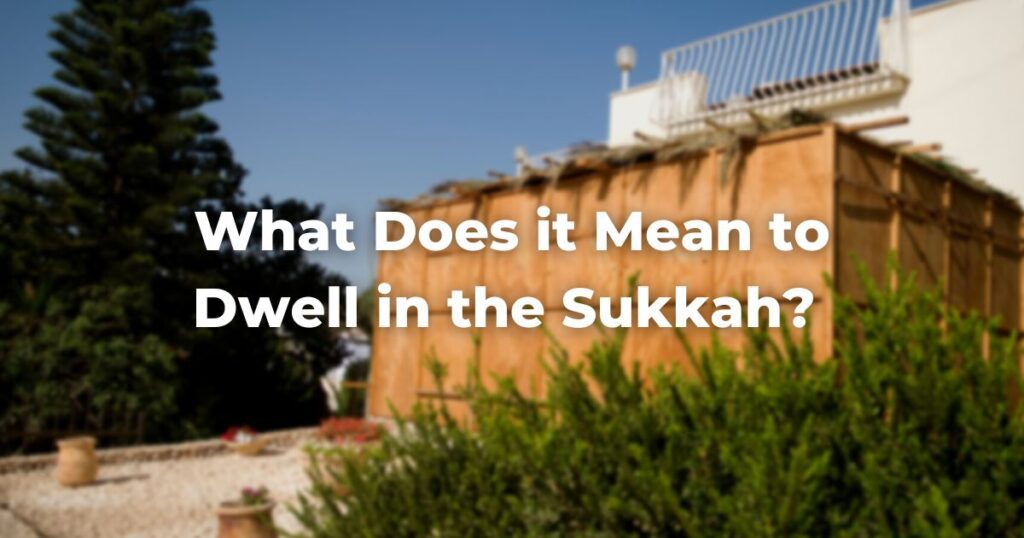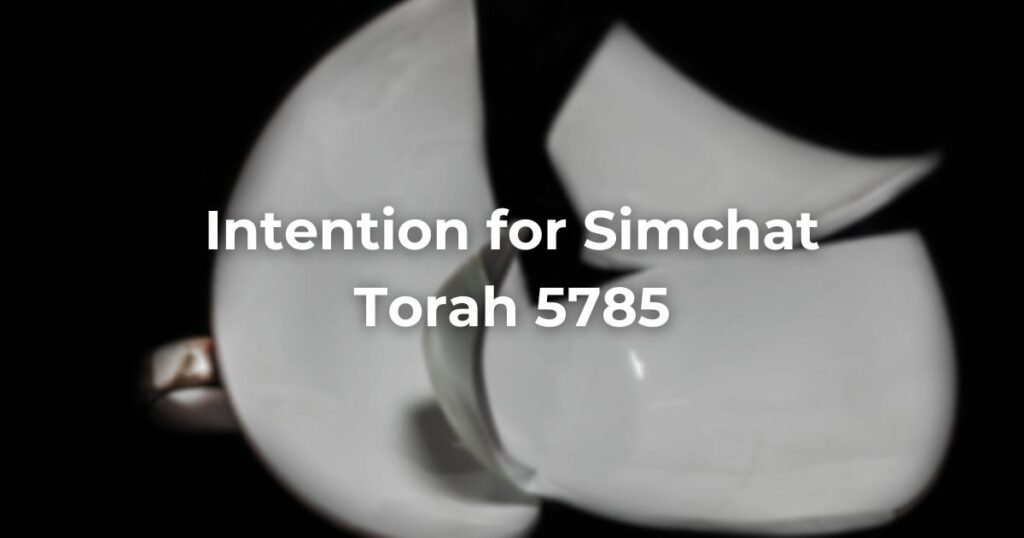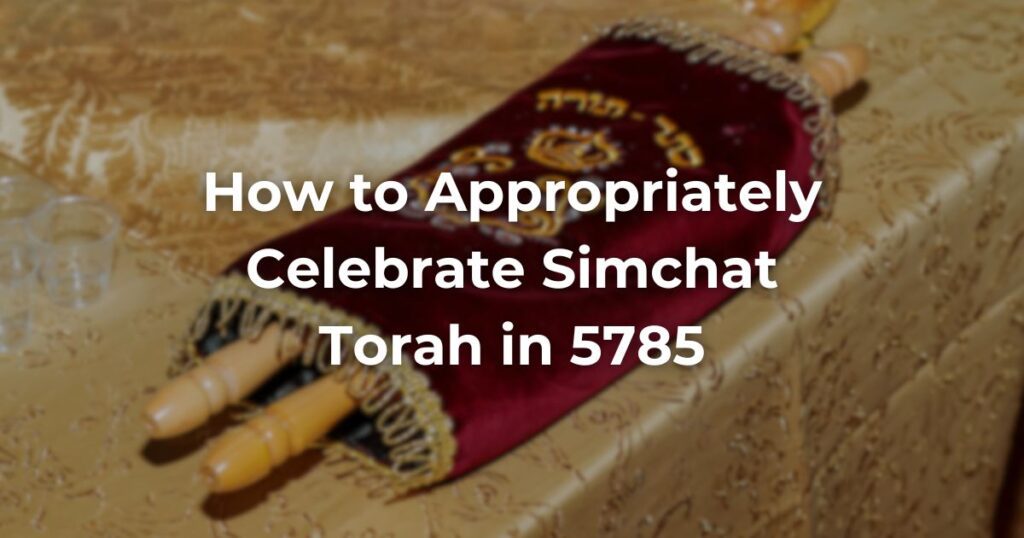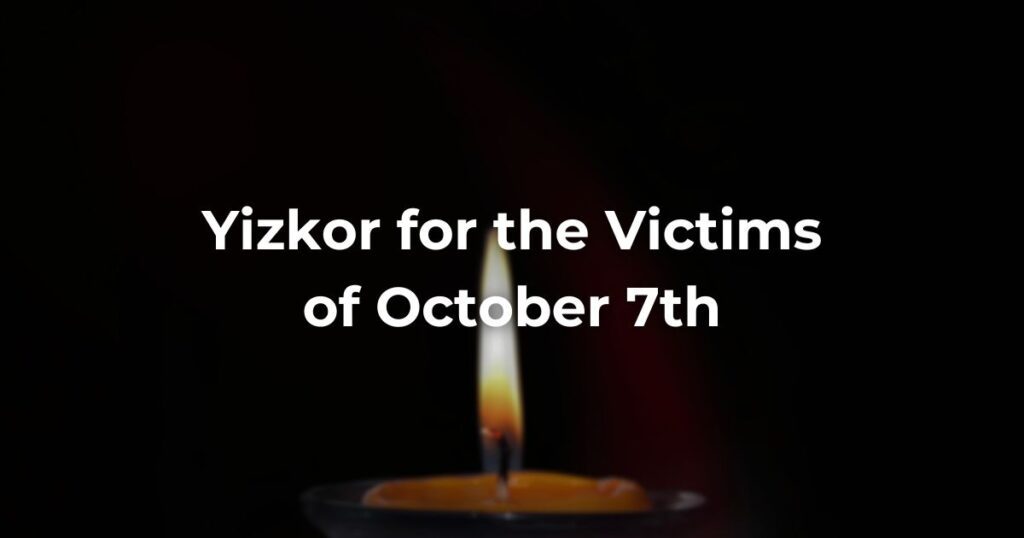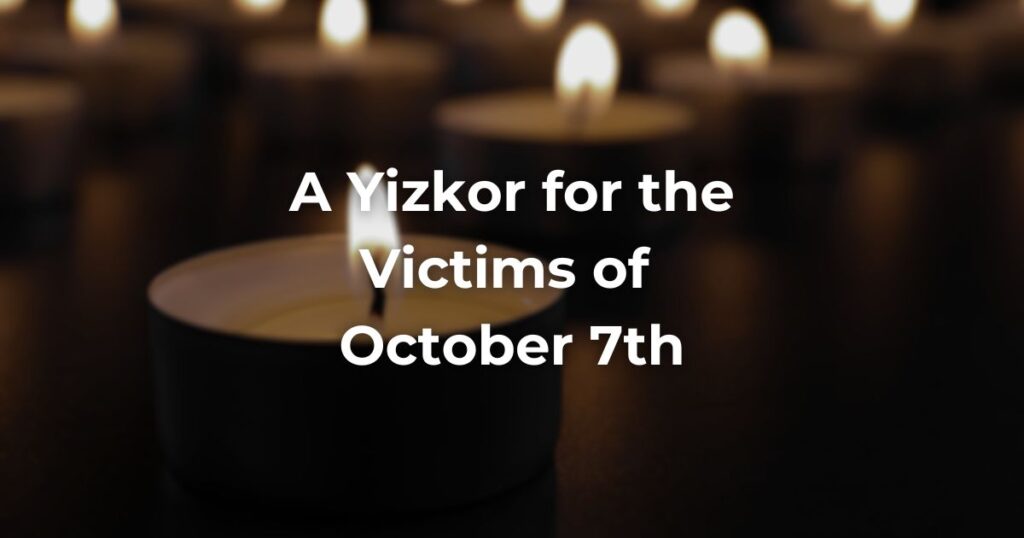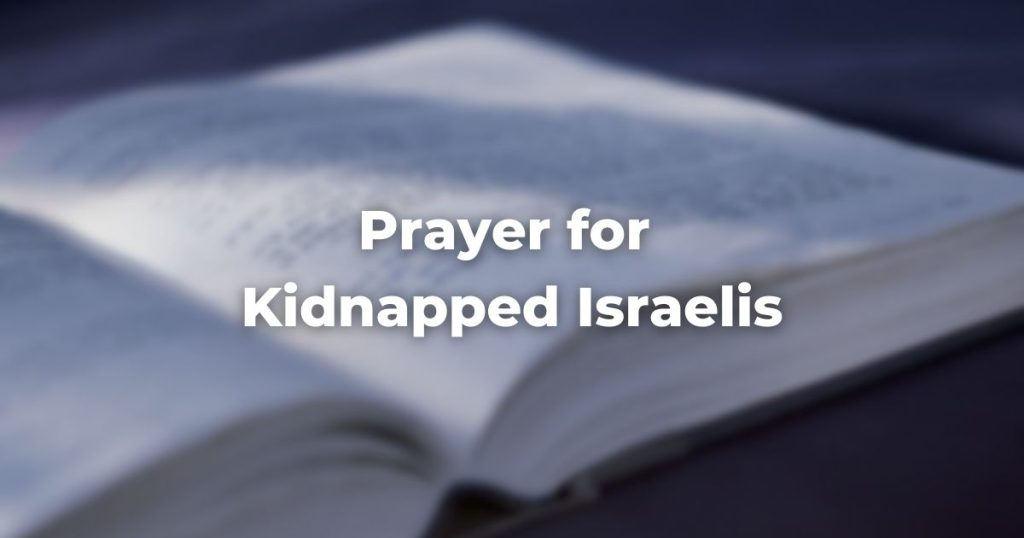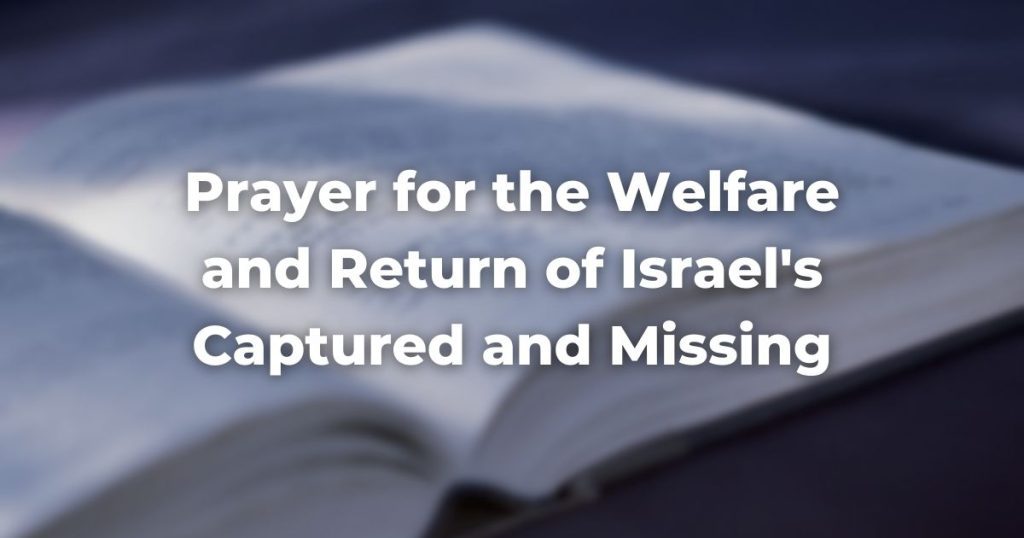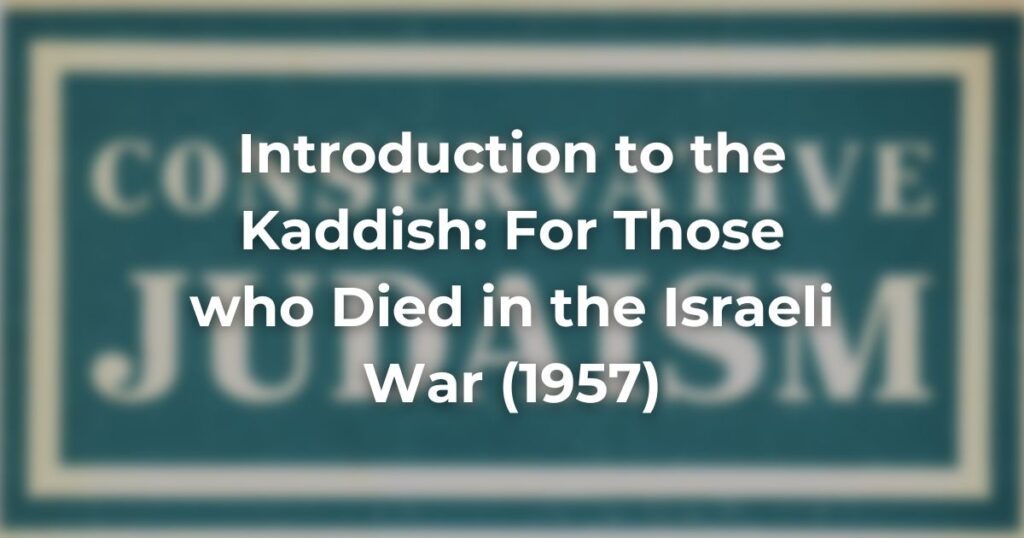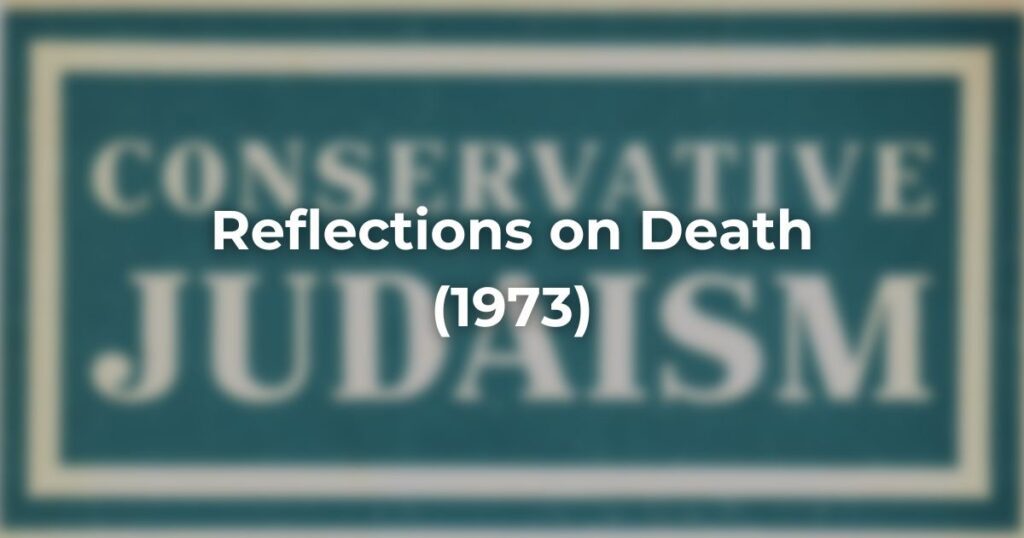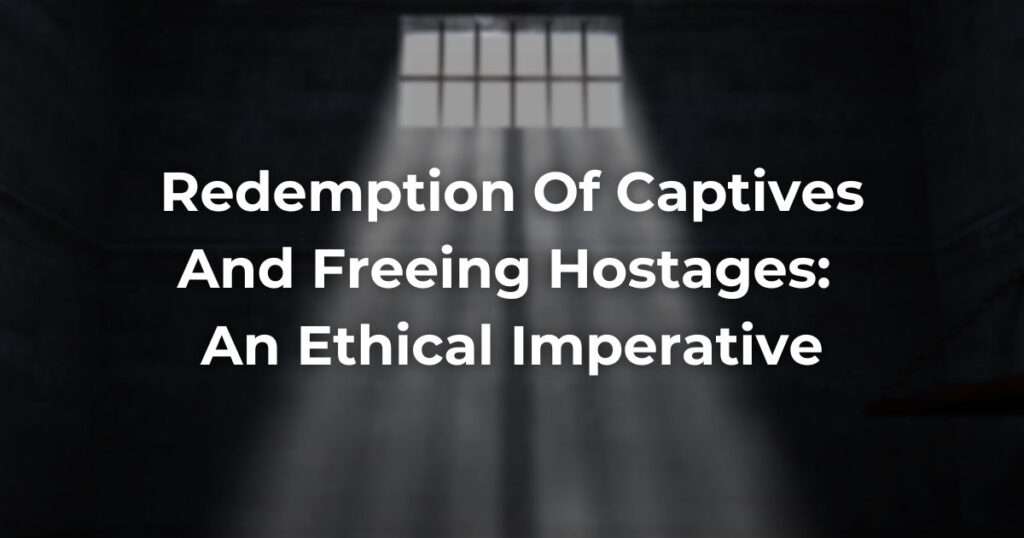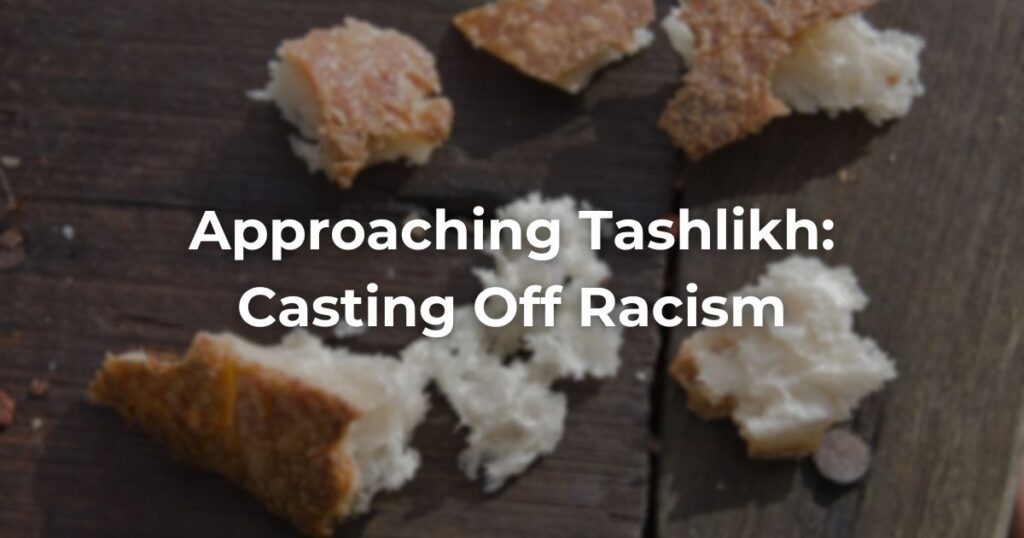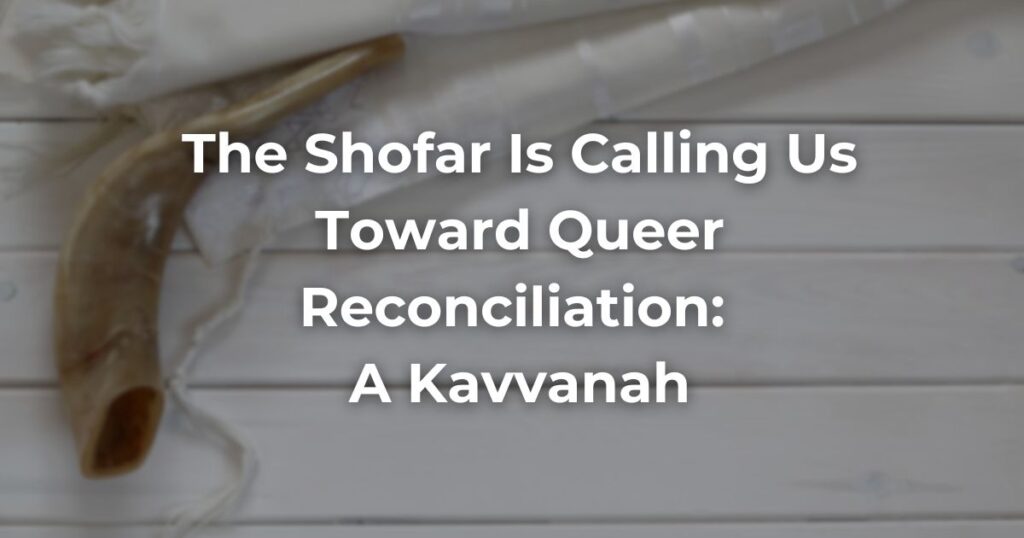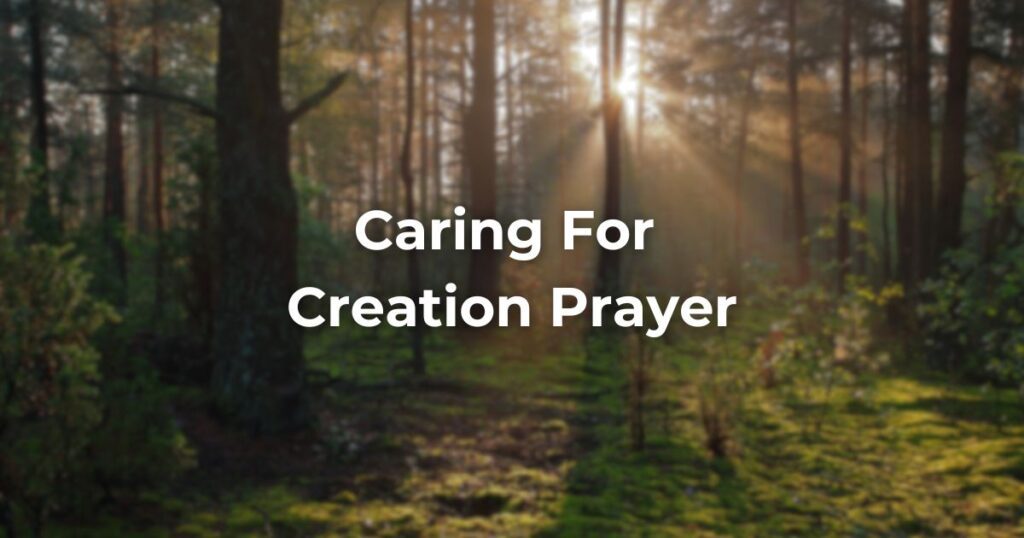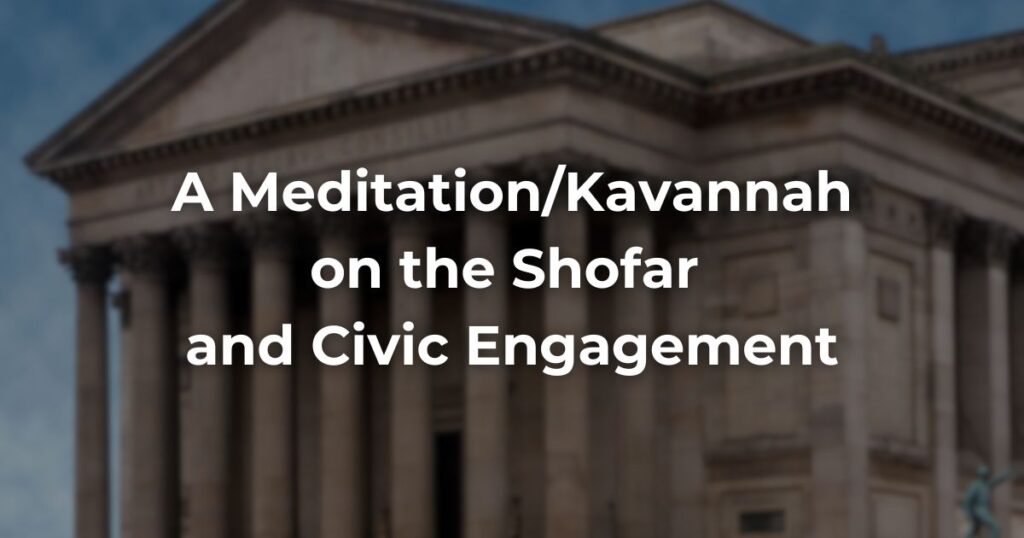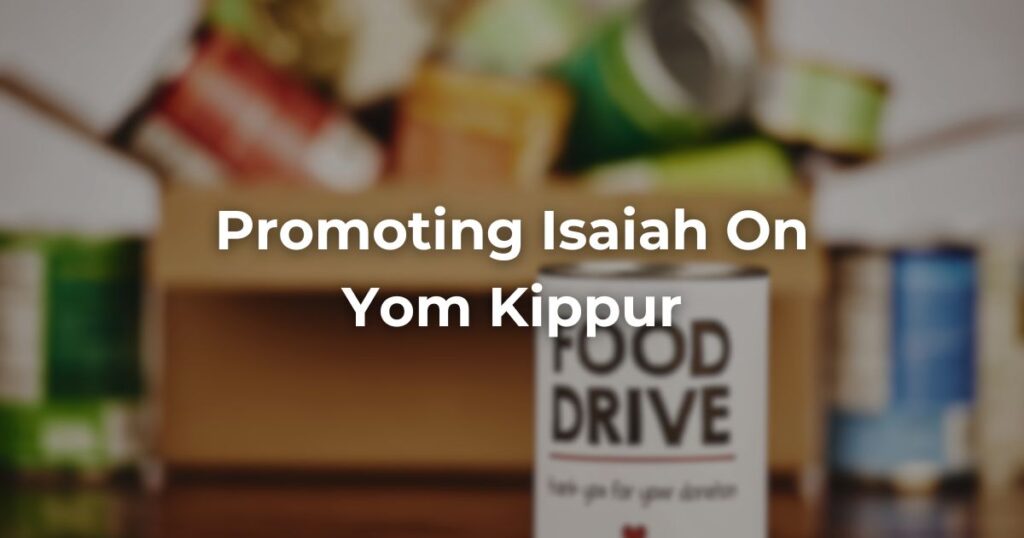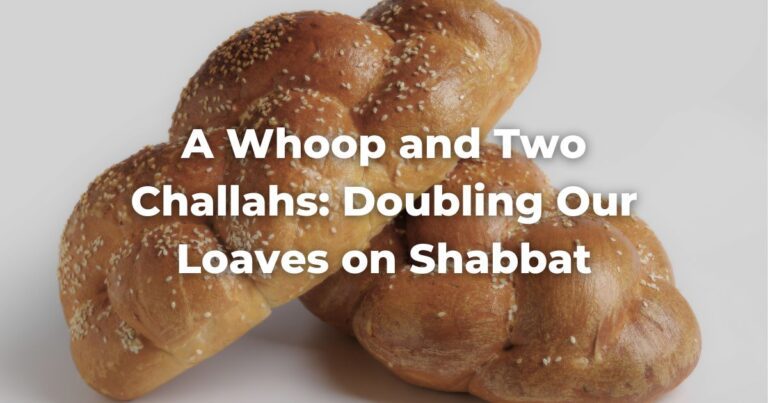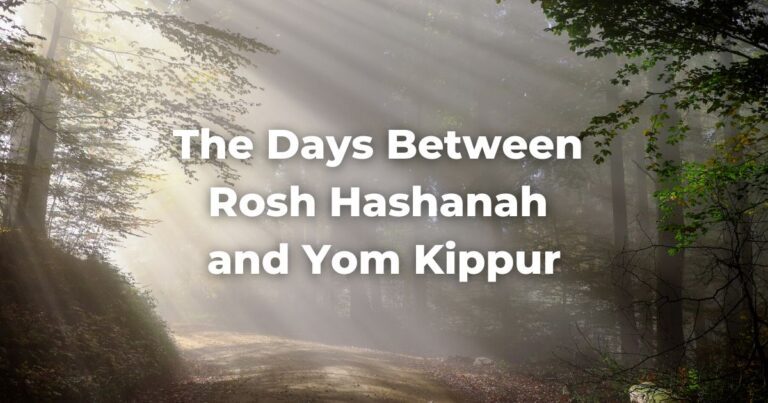No season gathers the Jewish people together like the Yamim Noraim, the Days of Awe, the High Holiday season. Jews of all stripes find themselves sitting in congregations, at meals, and spending time together during this particular time of the year.
This year (2024/5785), is unique and challenging in its own ways. We are honored to publish a High Holiday Reader to help you prepare, reflect, and make this season meaningful.
Reflect before the holidays, bring it and read it in synagogue, and take it with you into the sukkah. This collection covers all sorts of subjects with reflecitons and rituals, from Oct 7th to Social Justice.
There are a number of ways you can get the reader!
Download a digital copy!
You can find the pieces from the book published below:
Memory-making, the way we tell ourselves our story, the way we frame our history, offers the opportunity to give us power and, ultimately, hope.
A rockstar-poet-monk and a humble Jew, a roshi and just another rabbi. In some moments, we trade places, imagining what could have been.
The delicate balancing act of celebrating and observing the High Holidays can be mixed with a bit of overwhelm. Here’s what you can do.
Everyone celebrates Rosh Hashanah differently, but sometimes, the holidays are hard. What can we do when this is true?
The moral life, with its choices, its responsibilities, its missteps, and its modes of repair, is an integral part of what it means to be Jewish.
Our hearts are big enough to hold all the emotions we feel during this holiday season, as we pray, eat, and observe the holidays together.
How might we make meaning of the Binding of Isaac, a troubling, watershed story that shakes us to our core? What can we learn?
What is Tashlich? How do you do it, what is its history, what are the environmental concerns and, of course, why I love Tashlich.
Teshuvah in the 10 days of Repentance between Rosh Hashanah and Yom Kippur are sacred days, but what about the days before and beyond those?
Un’taneh Tokef: What makes this prayer so attractive? Could it be the poignant question, “Who will live and who will die?”
With lessons on failure, the value of admitting our mistakes, and allowing ourselves and others to apologize, the Book of Jonah has much to teach us.
This year, as we feel as fragile as the Sukkah itself, we offer a framework for Sukkot and Ushpizin – our Exalted Sanctified Guests.
Living in the Sukkah can mean just living in an outdoor hut for a week, but it can also bring so much more meaning into your life.
This year, we should learn to experience the embrace of Sukkot by embracing one another, knowing that God is reaching out to embrace us, too.
This year, we should learn to experience the embrace of Sukkot by embracing one another, knowing that God is reaching out to embrace us, too.
With the ongoing tragedy of October 7th and the ongoing hostage situation and war, how do we appropriately celebrate Simchat TorahRefers to the first five books of the Hebrew Bible, the Tanakh, also called the Five Books of Moses, Pentateuch or the Hebrew equivalent, Humash. This is also called the Written Torah. The term may also refer to teachings that expound on Jewish tradition. Read more in 5785?
This Yizkor, for the victims of the October 7, 2023, attack on Israel, attempts to capture the personal details of the people killed on this day.
May God remember all the women, men, and children of Israel who were brutally murdered on the 7th of October.
A prayer for kidnapped Israelis by Hamas and are being held in Gaza.
Rabbinical Assembly of Israel
puckmaren glass and Rabbi Dr. J.B. Sacks
Rabbis Nina Beth Cardin and Avram Israel Reisner
Author
-

Exploring Judaism is the digital home for Conservative/Masorti Judaism, embracing the beauty and complexity of Judaism, and our personal search for meaning, learning, and connecting. Our goal is to create content based on three core framing: Meaning-Making (Why?), Practical Living (How?), and Explainers (What?).
View all posts

